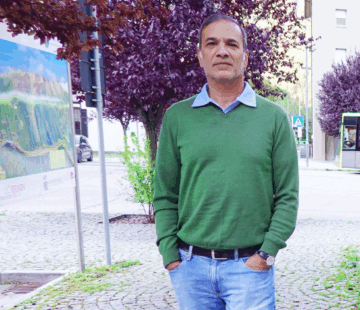If you talk about it, it’s not the Tao
If you name it, it’s something else
What can’t be named is eternal
Naming splits the eternal to smithereens
……………… —Lao Tzu (sort of), 6th Century BC
Lao Tzu’s Lament
at first I think, I’ve got it!
then I think, Ah no, that’s not it
I think, it’s more like a flaming arrow
shot into the marrow
of the bony part of everything
………. but some summer nights
………. it’s hanging overhead so bright
then right there I lose it
I let geometry and time confuse it
then it’s silent and won’t sing a thing
………. but some summer nights
………. it’s croaking from a pond so right
then again I lose it
let theology and time confuse it
then it’s silent and won’t sing a thing
……………….. I’m thinking I’ve been here before
……………….. feet two inches off the floor
……………….. thinking, is this something true?
sometimes I think, I’ve lost it!
though I never could exhaust it
because it’s lower than low is
and wider than wide is
deeper than deep is
higher than high is
………. but some fresh spring days
………. it’s cutting through the fog and the haze
……………….. I’m thinking I’ve been here before
……………….. feet two inches off the floor
……………….. thinking, is this something true?
song by Jim Culleny, 7/15/15
Copyright: Jim Culleny, 6/23/15
Recording: Song: Lao Tzu’s Lament by Jim Culleny
(Song that auto-follows at Soundcloud is unaffiliated)
Enjoying the content on 3QD? Help keep us going by donating now.

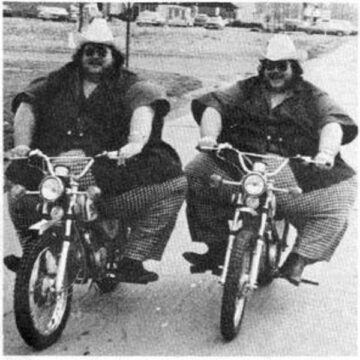
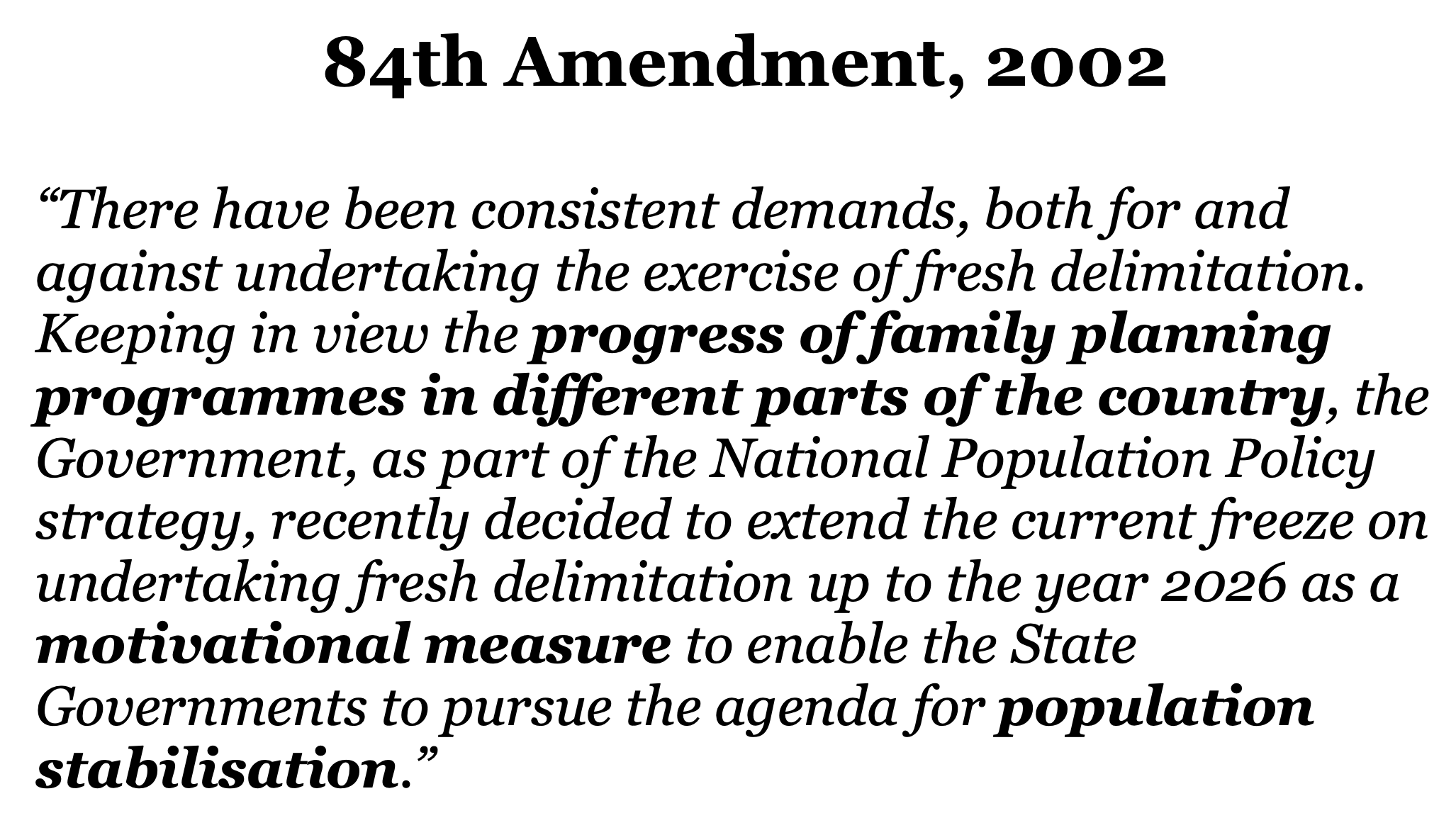

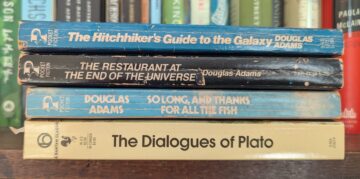
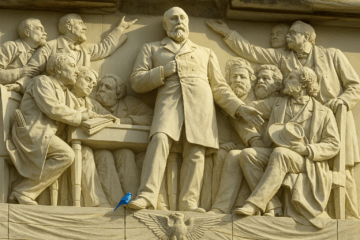


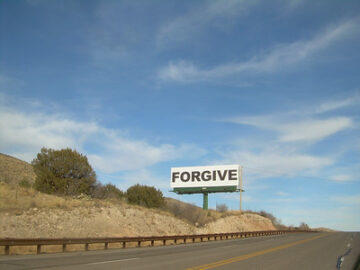
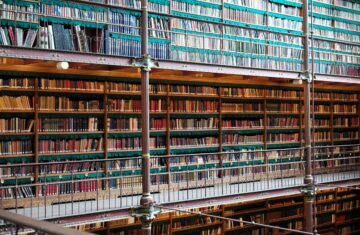


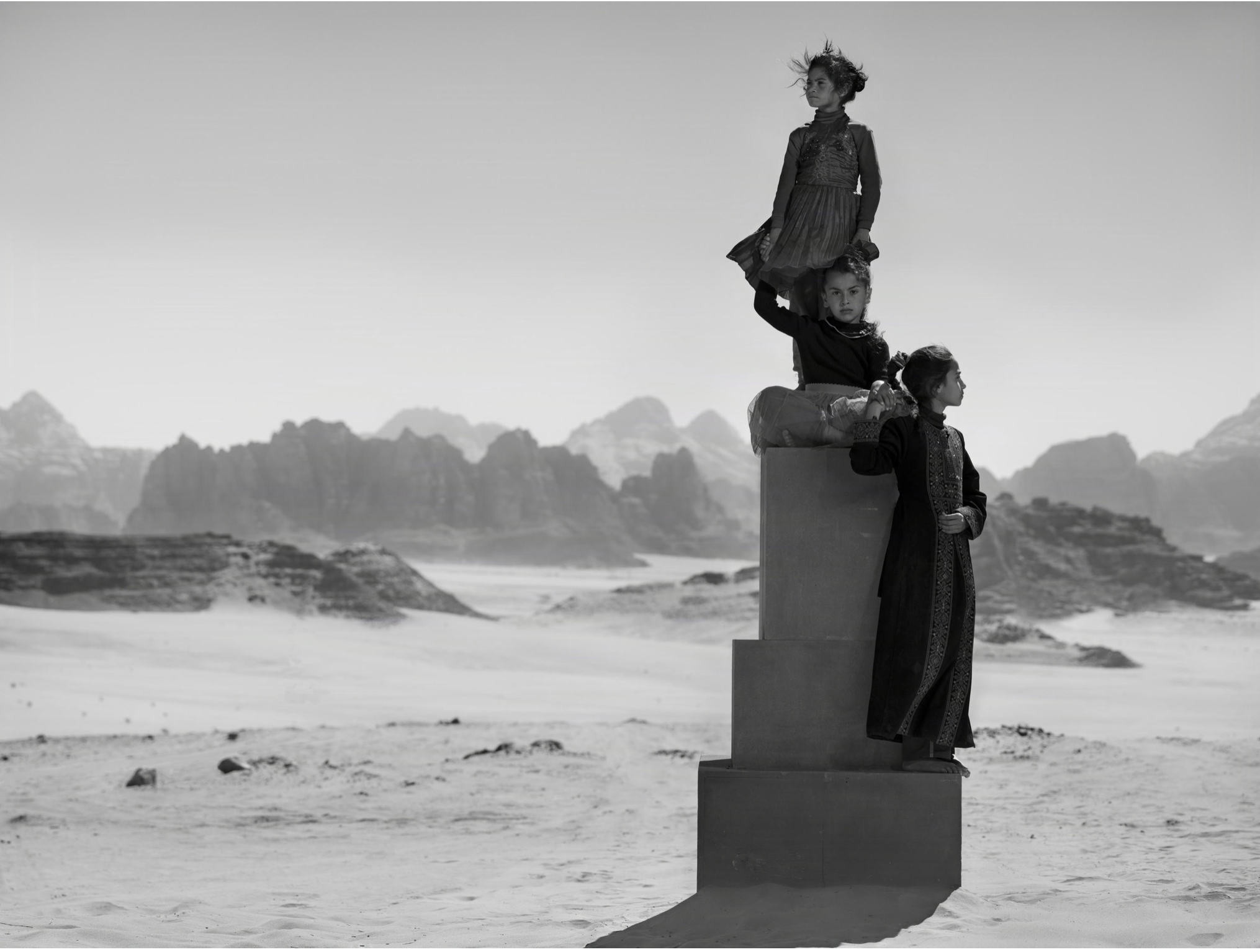 Nick Brandt. Zaina, Laila and Haroub, Jordan, 2024. From The Echo of Our Voices – The Day May Break.
Nick Brandt. Zaina, Laila and Haroub, Jordan, 2024. From The Echo of Our Voices – The Day May Break.